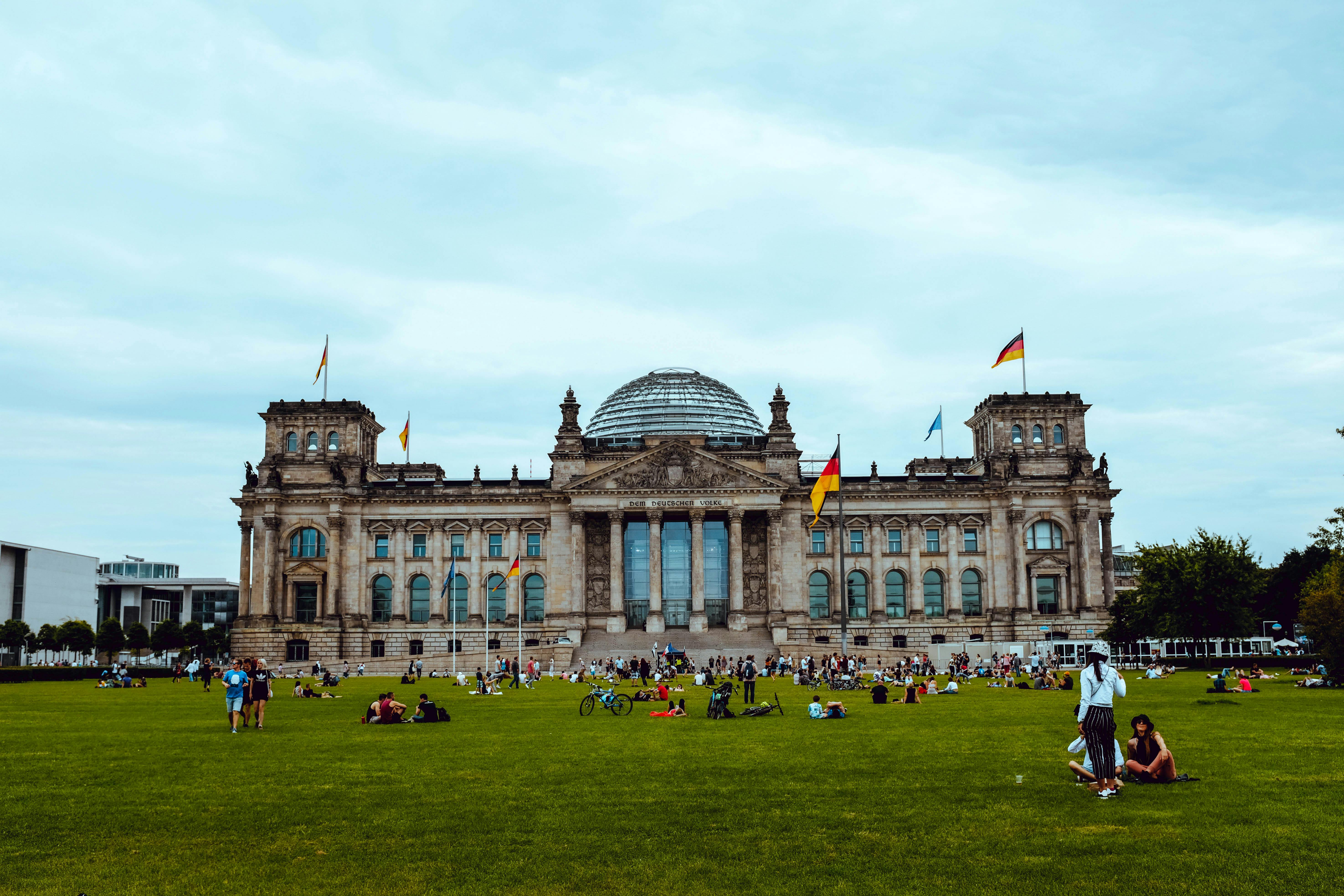
Discovering the Rich History of Germany: A Tour Through Its Museums and Historical Sites
Discovering the Rich History of Germany: A Tour Through Its Museums and Historical Sites
Introduction
Germany is a country rich in history and culture, with a heritage spanning over two millennia. Starting from the Roman period, through the Middle Ages, the Reformation, the Enlightenment, and the World Wars, German history is a tale of triumphs and failures, of great artistic and scientific achievements, and of human tragedies and atrocities. To discover this fascinating history and understand how it shaped modern Germany, visitors can embark on a tour of the country's museums and historical sites.
Top Museums
Berlin, the capital of Germany, hosts some of the country's most impressive museums. The Pergamon Museum is one of the most visited museums in the world, featuring artifacts from ancient Greece, Rome, and the Middle East, including the monumental Pergamon Altar and the magnificent Ishtar Gate. The Neues Museum is home to the iconic bust of Egyptian queen Nefertiti, as well as other ancient treasures. The German Historical Museum offers a comprehensive overview of German history, from the earliest times to the present day, with exhibitions on topics such as the Holy Roman Empire, the Bismarck era, the Nazi period, and the Cold War.
Another essential museum for history enthusiasts is the Deutsches Museum in Munich, the world's largest science and technology museum. With over 100,000 exhibits, ranging from classical physics to astronomy, medicine, and transport, the museum offers an insight into the ingenuity and innovation of German scientists and engineers over the centuries.
Other noteworthy museums include the Staatliche Museen zu Berlin, the Kunsthistorisches Museum in Vienna, and the Ruhr Museum in Essen, which showcases the industrial history of the Ruhr area.
Historical Sites
Apart from museums, Germany boasts numerous impressive historical sites that allow visitors to trace the country's past. The iconic Brandenburg Gate in Berlin is a symbol of Germany's unity and democracy, having witnessed the triumphs and tribulations of the nation's history, from Napoleon's conquest to the fall of the Berlin Wall. The Neuschwanstein Castle in Bavaria is a fairy-tale-like edifice that embodies the romanticism of the 19th century and the eccentricity of the Bavarian King Ludwig II, who commissioned it.
For those interested in the World War II period, the Sachsenhausen concentration camp near Berlin provides a chilling insight into the horrors of Nazi persecution and genocide. The Wartburg Castle in Thuringia is a UNESCO World Heritage site that celebrates the medieval past of Germany and its cultural achievements, such as the translation of the Bible into German by Martin Luther.
Conclusion
A tour of Germany's museums and historical sites is not only an opportunity to discover the country's rich heritage but also a chance to reflect on humanity's triumphs and failures, and the lessons we can learn from them. Whether you are a history buff, an art lover, or a curious traveler, Germany has something unique to offer and a tale to tell.
